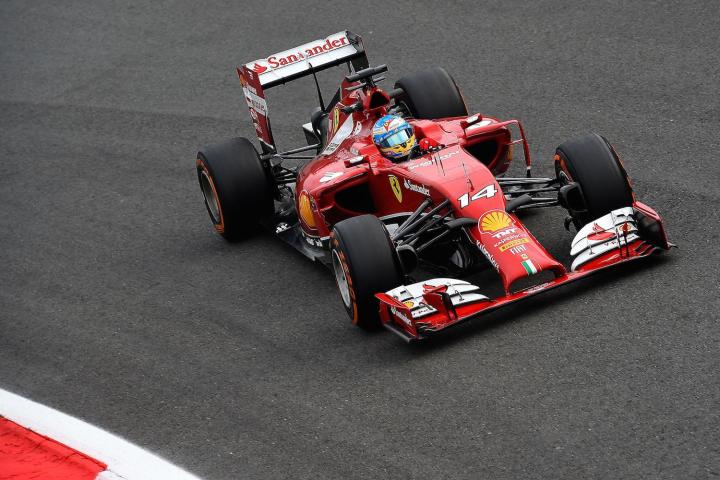
Many involved with the sport feel that with all the improvements made over the years, F1 cars have become easier to drive, which makes sense: a car with more control gets around the circuit faster and incident-free. The boost in horsepower is being thought over in hopes that the car becomes harder to drive, with more driver skill making the difference instead of the car doing most of the work.
According to Autosport, the FIA is discussing this, with changes that won’t come into play until the 2017 season. One of the issues that needs to be addressed is how to increase the output of the cars without doing a massive and expensive overhaul of the current turbo six-cylinders currently in use. Some ideas have been tweaking the crank firing as well as the regulated fuel flow rate, which would in turn most likely see an increase in the fuel allowance of the racers.

This is only one of a handful of things the FIA is considering to spice things up. Along with a boost in speed and difficulty, the organization is looking into other changes like bigger wheels and increasing the downforce. These also follow an already implemented changes in the requirements for an F1 superlicense done to ensure drivers with more talent move through.
It’s an interesting thing to consider that any of this has to be done at all. Some will say that teams should be allowed to build the quickest car they can and let the chips fall where they may. There’s plenty to agree with that, but in the long run, the result is the team with the most money builds the fastest car and always wins. Smaller teams ending up being priced out and eventually someone “wins” F1 entirely by being the last team standing.
This is an extreme scenario, but more realistically, things will just be dull. The FIA learned this when former Ferrari driver and living legend Michael Schumacher dominated the early 2000’s winning five consecutive championships. Great for him, great for Ferrari. In the meantime, viewership plummeted. It’s a complicated issue with many sides fighting to be happy with how they feel the sport should be handled. With all the other things the FIA has to deal with, at the very least they’re somehow maintaining a precarious balance between fair sport and exciting races.


